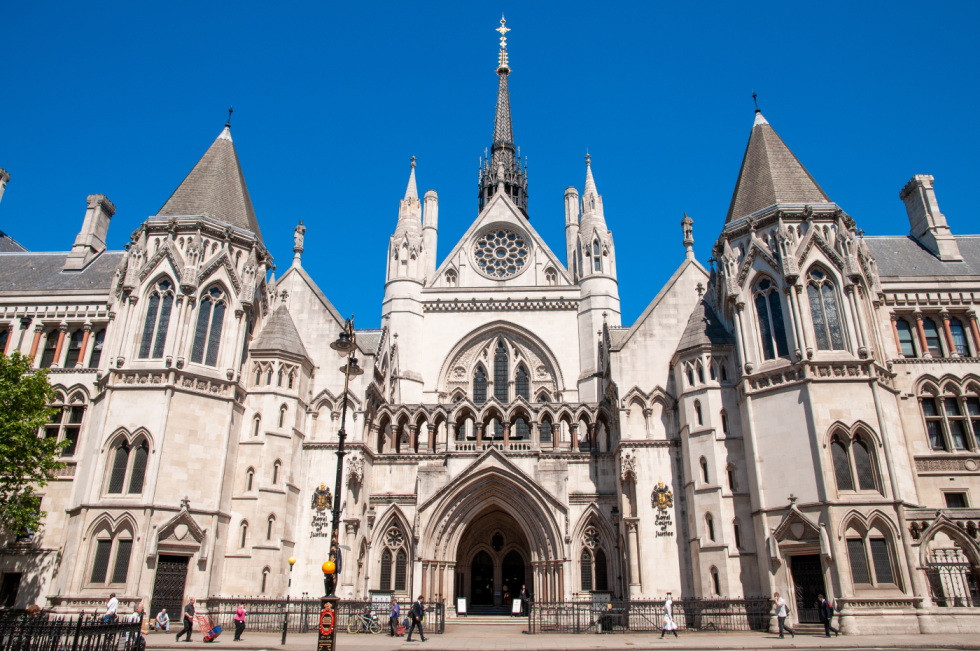In the wake of the COVID-19 pandemic, businesses worldwide faced unprecedented challenges, including mandatory closures and significant revenue losses. Many turned to their insurance policies, specifically business interruption coverage, hoping for financial relief. However, the interpretation of policy clauses regarding coverage for pandemic-related losses became a battleground for insurers and policyholders alike. This contentious issue reached the highest judicial echelon in some countries, including the recent Supreme Court ruling on COVID-19 Business Interruption Claims.
Business interruption insurance is designed to protect businesses from financial losses incurred due to unexpected disruptions, such as natural disasters or fires, that force them to suspend operations. However, the language used in insurance policies often determines the extent of coverage, leaving room for interpretation and disputes.
The COVID-19 pandemic posed a unique challenge as it led to widespread closures mandated by governments to curb the virus’s spread. Many business owners believed their business interruption policies should cover losses stemming from these closures. Insurers, however, argued that the policies were not intended to cover losses from a global pandemic.
In response to numerous legal battles between policyholders and insurers, the Supreme Court took up the task of clarifying the matter in various jurisdictions. The specific details of the ruling varied depending on the country and its legal framework. However, a common thread emerged in many of these rulings:
The courts examined the language of the insurance policies to determine whether they covered losses related to the pandemic. Key factors included clauses regarding “physical damage” or “physical loss,” which insurers argued did not apply to a virus-driven shutdown.
Causation and Proximate Cause: Courts analysed whether the pandemic itself or the government-mandated closures were the proximate cause of the business interruption. This distinction was crucial in determining coverage eligibility.
Justices referred to previous case law, insurance principles, and legal doctrines to guide their decisions. Precedents set in similar cases often influenced the outcome of the rulings.
The Supreme Court rulings on COVID-19 Business Interruption Claims have significant implications for businesses, insurers, and the insurance industry as a whole:
The rulings provide clarity on the interpretation of insurance policies in the context of a global pandemic. This clarity helps businesses understand their coverage rights and insurers assess their liabilities more accurately.
Financial Relief for Some: Businesses that successfully argued for coverage under their business interruption policies may receive much-needed financial relief, helping them recover from pandemic-related losses.
The rulings set legal precedents that could influence future disputes between policyholders and insurers, shaping the landscape of insurance law for years to come.
Insurers may reassess their policy wordings and underwriting practices in light of the rulings to mitigate future risks and uncertainties.
The Supreme Court rulings on COVID-19 Business Interruption claims mark a pivotal moment in the legal and insurance realms. They offer clarity on a contentious issue that has plagued businesses and insurers since the onset of the pandemic. While the rulings provide relief for some businesses, they also prompt reflection and adaptation within the insurance industry. As businesses continue to navigate the challenges posed by COVID-19 and other potential disruptions, the lessons learned from these rulings will undoubtedly shape future policies and practices.
Call now and we can see if you are eligible to claim in 5 minutes by answering some simple questions.
T: 020 3890 6430

